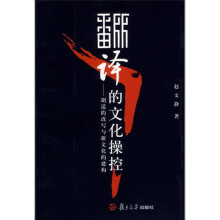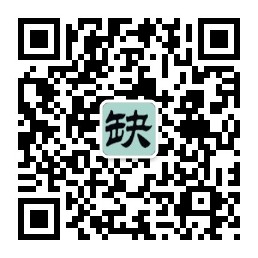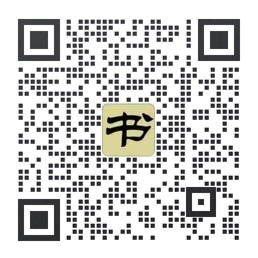TABLE OF CONTENTS
Foreword
前言
Abstract
Chapter1:Introduction
1.1 Rationale for Focusing on Hu Shi and the New Culture Movement
1.2 Issues Reflected in the Neglect of Hu's Rewritings
1.3 Overview of the Book
1.3.1 Structure
1.3.2 Clarification of Terms and Presentation
Chapter2:Rewriting Theory
2.1 The Theoretical Context Within and Outside Translation Studies
2.1.1 The Shift from a Source-oriented to a Target-oriented Approach
2.1.1.1 Literary Criticism
2.1.1.2 Even-Zohar's Polysystem Theory
2.1.1.3 Hermans' Anthology of Translation Studies
2.1.1.4 Holmes'Concept of Translation Sociology
2.1.2 The Broadening of the Concept of Translation
2.2 Rewriting Theory:An Overview
2.2.1 The Control Factors
2.2.1.1 The Concept of Control Factors
2.2.1.2 Assessing the Notion of Control Factors
2.2.2 Forms of Rewriting
2.2.2.1 Assessing the Classification
Chapter3:Hu Shi Canonised:The Interaction Between Ideology,Poetics and Patronage
3.1 The Hu Shi Canon
3.2 The Macro-Ideological Climate
3.2.1 The Political Situation
3.2.2 Official Attitudes Towards Learning from the West
3.2.3 Reform in Education
3.3 Hu's Seminal“EightDon'ts”,its Nature as Rewriting and its Impact on Literary Circles
3.3.1 The Essay
3.3.2 Hu's Essay as Rewriting
3.3.2.1 The General Influence of the Renaissance Model
3.3.2.2 The Influence of Pound's“A Few Don'ts”
3.3.3 The Impact on Chinese Language,Literature and Translation
3.4 Institutional Settings and Patronage
3.4.1 Hu Shi and New Youth
3.4.2 Hu Shi and Beijing University
3.4.3 Support from Professionals
3.5 Conclusion
Chapter4:Hu Shi's Rewritings of Ibsen and Their Impact on Chinese Society
4.1 Ibsen as Seen in the Eyes of His English Rewriters
4.1.1 Major Sources Through Which Hu Shi Accessed Ibsen
4.1.2 William Archer's Translation of Ibsen:Authoritative and Poetics-oriented
4.1.3 George Bernard Shaw's Interpretation of Ibsen
4.2 Hu Shi's Critical Essay“Ibsenism”
4.2.1 Production of the Essay
4.2.2 Some Textual Analysis of the Essay
4.2.3 Ibsenism or Hu-Shi-ism?
4.2.4 Hu's Filtering
4.2.5 Conclusion
4.3 Hu Shi's Imitation of Ibsen:Life s Greatest Event
4.3.1 Hu's One-act Play
4.3.2 The Ideological and Poetological Needs of the Target Culture
4.3.3 Comparative Analysis of Ibsen's and Hu Shi's Plays
4.3.4 Conclusion
Chapter5:Contextual and Textual Analyses of Hu Shi's Translations
5.1 Choice of Source Cultures
5.1.1 Indirect Translations
5.1.2 Russian and French Short Stories
5.1.3 The Impact of Hu's Choices on Chinese Literary Creativity and Translation Output
5.2 Generic Choices
5.2.1 Introducing General Trends in World Literature
5.2.2 Lessons Drawn From Liang Qichao's Failure in Advocating“Political Fiction”
5.2.3 Introducing Innovative Writing Techniques
5.3 Thematic Choices
5.3.1 Patriotism in the Face of Foreign Invasions
5.3.2 Individualism and Women's Position in the Family
5.3.3 Opium and the Apathetic State of the Population
5.3.4 Mirroring the Life of the Oppressed and the Victimised
5.4 Hu's Translation'S trategies
5.4.1 Domesticating Imported Elements
5.4.2 Contextualising and Historicising Foreign Elements for Chinese Readers
5.4.3 Interventions in and around the Text
5.5 Conclusion
Chapter6:Conclusion
Bibliography
Appendix1
Appendix2

 缺书网
缺书网 扫码进群
扫码进群




